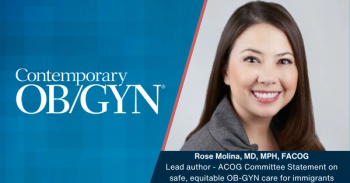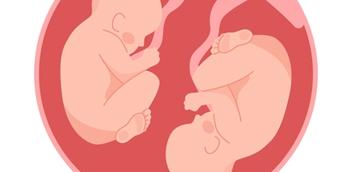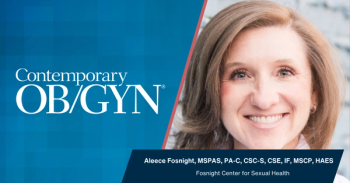
Current and Former Smokers at Higher Breast Cancer Risk
Postmenopausal women who used to smoke or who currently smoke appear to be at a higher risk of invasive breast cancer than postmenopausal women who never smoked, according to a study published online March 1 in BMJ.
WEDNESDAY, March 2 (HealthDay News) -- Postmenopausal women who used to smoke or who currently smoke appear to be at a higher risk of invasive breast cancer than postmenopausal women who never smoked, according to a study published online March 1 in BMJ.
In a prospective cohort study, Juhua Luo, Ph.D., of West Virginia University in Morgantown, and colleagues evaluated 79,990 women, aged 50 to 79 years, enrolled in the Women's Health Initiative Observational Study between 1993 and 1998 to examine the association between smoking and risk of invasive breast cancer using quantitative measures of lifetime passive and active smoking exposure.
During an average follow-up of 10.3 years, the investigators identified 3,520 cases of invasive breast cancer. Compared to women who never smoked, current smokers had a 16 percent increased risk of developing invasive breast cancer and former smokers had a 9 percent increased risk. Significantly higher breast cancer risk was found among women who started smoking in their teenage years as well as among active smokers with high intensity and duration of smoking. Compared to lifetime nonsmokers, women who had smoked for at least 50 years or more were at the highest risk of breast cancer. An increased risk of breast cancer continued for up to 20 years after smoking cessation. Among nonsmokers, those who had been exposed to extensive passive smoking had a 32 percent increased risk of breast cancer compared with those who had never been exposed to passive smoking.
"Overall, Luo and colleagues' analysis supports the hypothesis that smoking increases the risk of breast cancer, in particular when the habit starts early in life. These data, however, should be placed in the context of the overall evidence, and in particular the results of a pooled analysis of 10 cohort studies and 43 case-control studies, which found no increased risk in either group of studies," write the authors of an accompanying editorial.
Related Content
Newsletter
Get the latest clinical updates, case studies, and expert commentary in obstetric and gynecologic care. Sign up now to stay informed.









